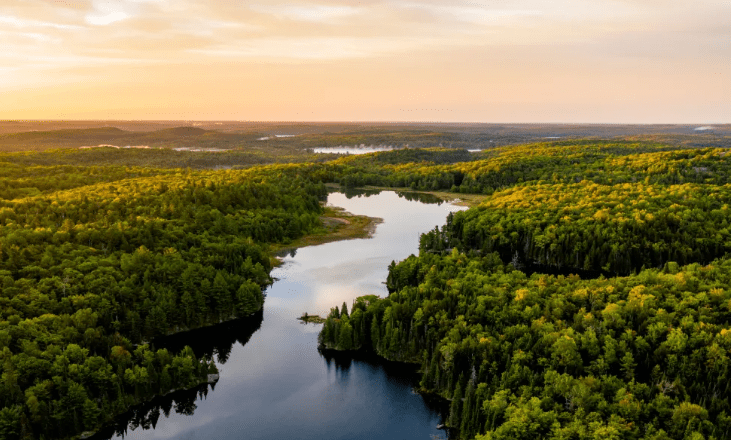
A relatively recent idea that has gained popularity recently is the idea of giving rivers legal rights. The theory behind it is that we have a duty to safeguard the environment and that nature ought to have inherent rights, just like humans have.
Some proponents of this idea contend that giving rivers legal rights would provide them a strong tool for defending themselves against harm from human activities like pollution or damming. Others claim it would result in confusion and anarchy in the legal system.
Each nation and jurisdiction has different laws that apply to this idea. Some nations, including New Zealand and Ecuador, have awarded particular rivers legal rights. There have been attempts to give some rivers legal personhood in other nations, including the United States, but these efforts have not yet proved successful.
Although the idea of giving rivers legal rights has not been widely embraced in the United States, there have been other examples where courts have acknowledged the legal rights of natural phenomena, such as trees or animals. However, a few US cities and municipalities have approved local laws granting rivers and other natural things under their control legal rights.
In general, the idea of giving rivers legal rights is still relatively new and is the topic of continuous controversy. Although certain nations and regions have taken steps to give particular rivers legal rights, it is unclear whether this idea will catch on more broadly in the future.
The first question that arises is what is meant by the term person in legal field. The term “person” under Indian law includes any individual, Hindu Undivided Family (HUF), company, firm, association of persons (AOP) or body of individuals (BOI), local authority, artificial juridical person, or any other entity capable of owning property or entering into contracts. This definition has been established through various statutes and judicial precedents, and is often interpreted using rules of interpretation like the ejusdem generis rule. Judicial precedents have further clarified the scope and meaning of the term “person” under Indian law.
In the case of Mohammad Salim v. State of Uttarakhand (2017), the Uttarakhand High Court gave the definition of “legal person” to a river for the first time ever.
In this decision, the court ruled that in order to save the Ganga and Yamuna rivers and their ecosystem, it was appropriate to treat them as “legal persons” with all of the associated rights, obligations, and liabilities.
According to the court, granting the rivers the status of legal people would help to assure their protection and conservation because human activity had drastically damaged and polluted the rivers.
In the case of State of Uttarakhand v. Kumaon Stone Crusher (2019), the Supreme Court of India reversed this ruling, holding that the idea of conferring legal persons to natural entities was incompatible with Indian law and jurisprudence.
Despite this, the concept of giving rivers and other natural elements legal rights and persons continues to be a subject of continuing study and controversy in India and other parts of the world.
Name: Sarah Garima Tigga, Semester: VI, College: Symbiosis Law School (Pune)





0 Comments